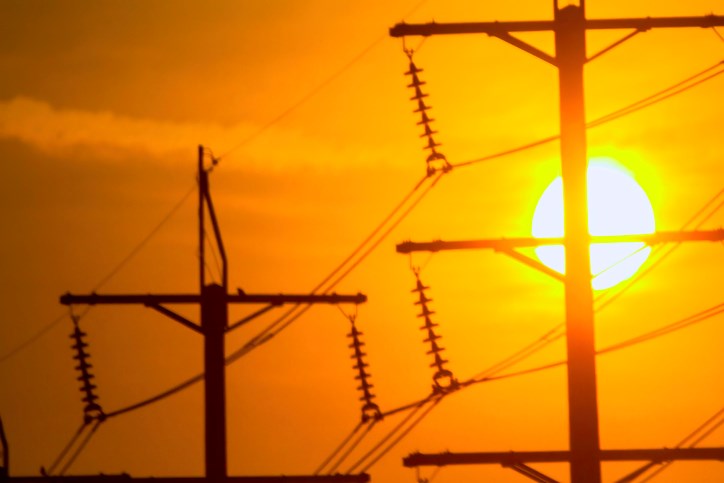Environment Canada has raised the heat warning over the next three days to “extreme” and health officials are urging the public to stay hydrated, check on vulnerable people and seek out cooling centres.
No one should be denied access to cooling centres because of concerns over crowding or physical distancing, according to a Vancouver Coastal Health (VCH) emergency bulletin put out late Thursday.
Daytime temperatures are expected to range from 32 to 35 degree Celsius from Friday to Sunday with humidity making it feel even hotter.
More than 500 people died in late June in B.C. when parts of the province were engulfed in a “heat dome” that caused temperatures to rise into the high 30s.
Furthermore, significant amounts of wildfire smoke from the Interior are expected in the Lower Mainland over the next few days making air quality even worse.
Hot temperatures are especially dangerous for the elderly and the young, those working in the heat, anyone with chronic heart and lung conditions and some people with mental-health issues, according to health officials.
Also, people living alone and those who are homeless or have inadequate housing can be at higher risk.
Several municipalities, including Richmond, have been publicizing cooling centres where the public can go to find relief from the heat.
In a news release, Vancouver Coastal Health (VCH) no one should be denied access to cooling centres because of concerns about crowding or physical distancing.
VCH is warning that heat stress can pose an immediate danger to one’s health and may be fatal. Symptoms of severe heat-related illness can include dizziness, confusion, weakness and fainting or collapsing, including loss of consciousness.
Common symptoms from poor air quality due to wildfire smoke can include lung irritation, eye irritation, runny nose, sore throat, headaches, and mild cough. If you experience more severe symptoms such as shortness of breath, severe cough, dizziness, chest discomfort, heart palpitations, or wheezing, seek medical attention immediately.




